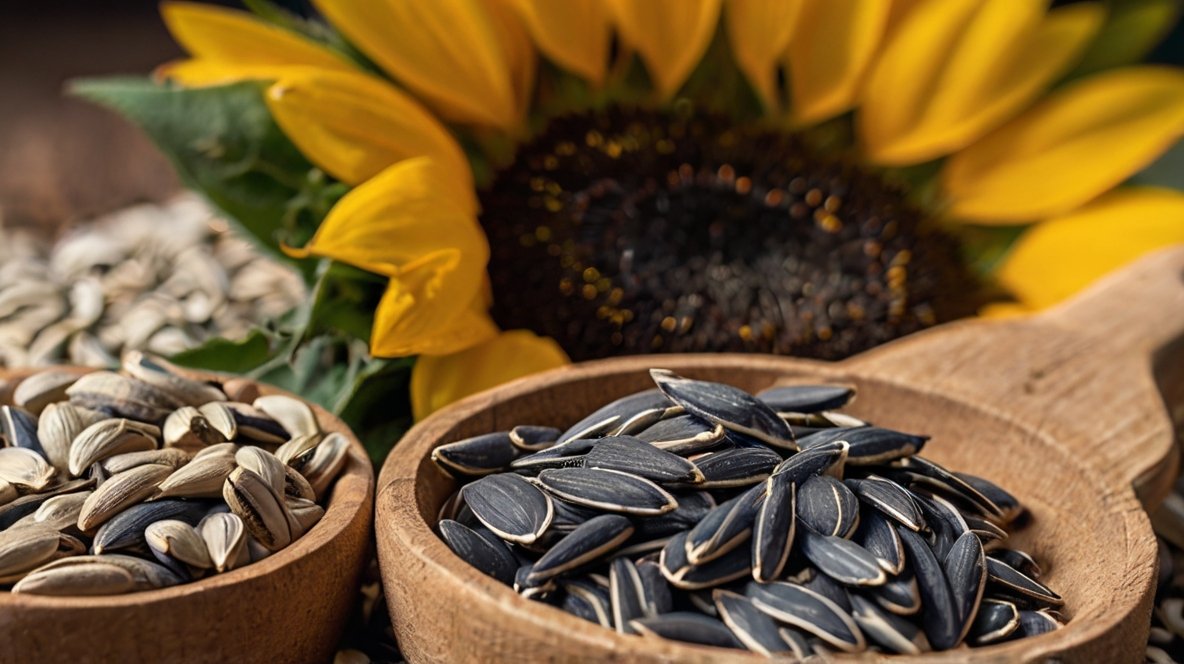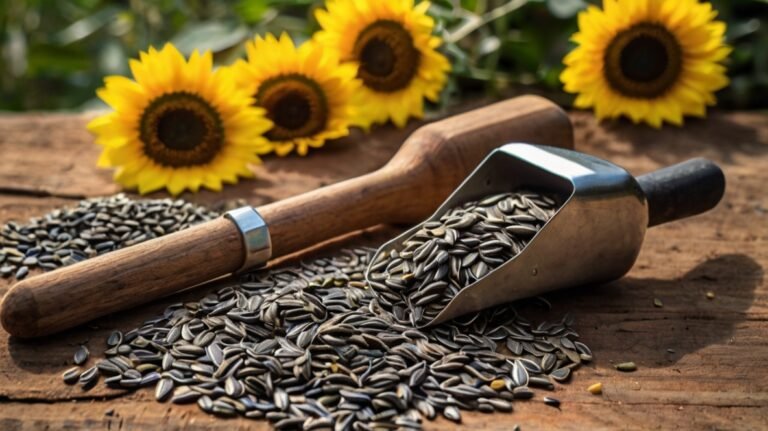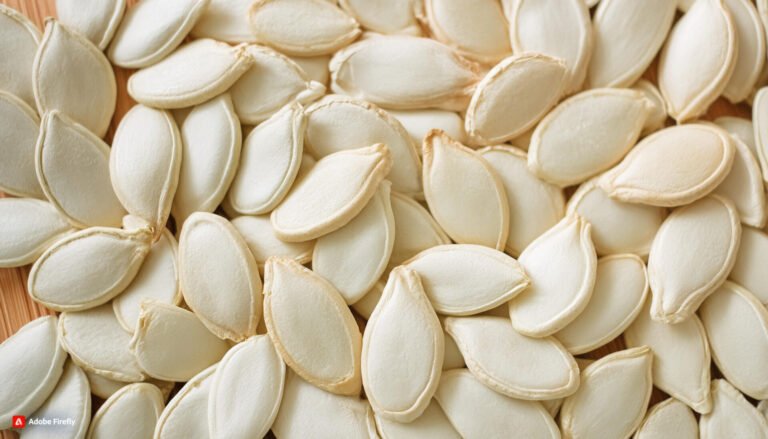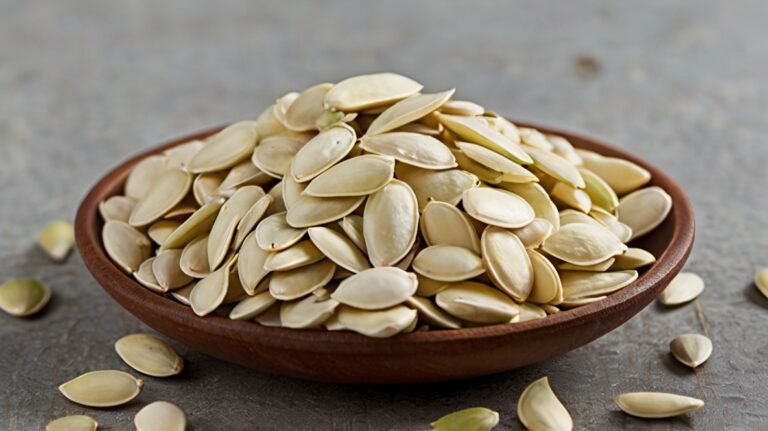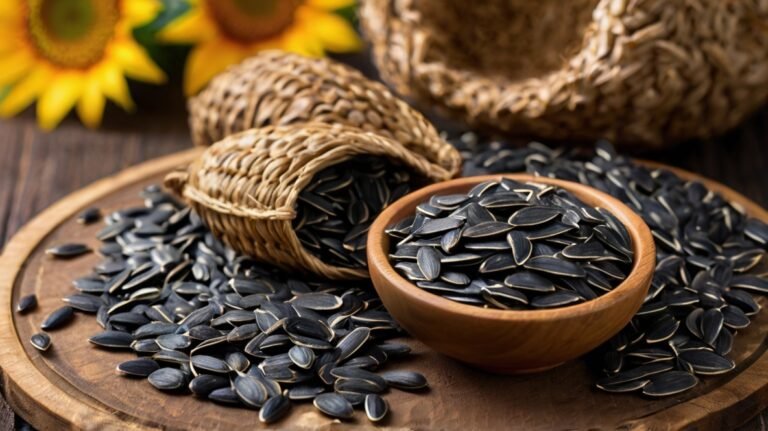As China's premier sunflower seed supplier since 2014, XingYi Trading knows that proper storage is crucial for maintaining the quality, flavor, and nutritional value of sunflower seeds. Whether you're storing our Premium 363 Sunflower Seeds or any other variety, this comprehensive guide will help you create the ideal storage conditions to keep your seeds fresh and delicious for longer.
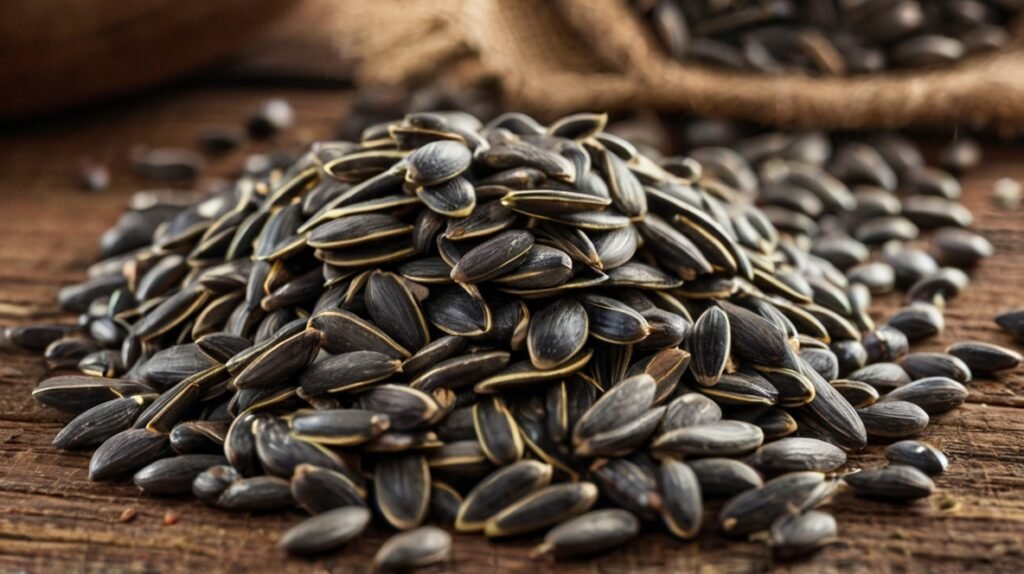
Why Proper Storage Matters
Before we dive into the ideal storage conditions, let's understand why proper storage is essential:
- Preserves flavor and texture
- Maintains nutritional value
- Prevents rancidity
- Extends shelf life
- Protects against pests and mold
At XingYi Trading, we take pride in our stringent quality control, and we want to ensure that our premium seeds stay in top condition even after they reach your home or business.
Temperature: The Key to Longevity
Temperature plays a crucial role in sunflower seed storage. Here's what you need to know:
Optimal Temperature Range
| Storage Duration | Ideal Temperature |
|---|---|
| Short-term (1-3 months) | 60-70°F (15-21°C) |
| Long-term (3+ months) | 40-50°F (4-10°C) |
For the best results with our Premium Tongqing No. 6 Sunflower Seeds, aim for the cooler end of these ranges.
Temperature Fluctuations
Avoid storing sunflower seeds in areas with frequent temperature changes. Consistent temperatures help prevent moisture buildup and maintain seed quality.
Humidity: Keeping It Dry
Controlling humidity is crucial for preventing mold growth and maintaining seed crispness. Follow these guidelines:
- Aim for a relative humidity of 55-60%
- Use airtight containers to protect seeds from ambient moisture
- Add food-grade desiccant packets for extra protection
- Avoid storing seeds in damp areas like basements or near sinks
Learn more about sunflower seed varieties and how their unique characteristics may affect storage requirements.
Light Exposure: The Dark Side of Storage
Light can degrade the quality of sunflower seeds over time. Here's how to protect your seeds:
- Store in opaque containers or packaging
- Keep seeds away from direct sunlight
- Choose a dark storage location, like a pantry or cupboard
- If using clear containers, wrap them in aluminum foil
Our Premium 361 Sunflower Seeds come in protective packaging, but additional light protection can extend their shelf life even further.
Air: The Enemy of Freshness
Exposure to air can lead to oxidation and rancidity. Here's how to minimize air contact:
- Use airtight containers or vacuum-sealed bags
- Fill containers as full as possible to reduce air space
- Consider using oxygen absorbers for long-term storage
- Avoid repeatedly opening and closing containers
Check out our guide on storing sunflower seeds for more detailed tips on air-tight storage methods.
Container Choices: What’s Best for Your Seeds?
Selecting the right container is crucial for maintaining ideal storage conditions. Here are some options:
| Container Type | Pros | Cons |
|---|---|---|
| Glass jars | Airtight, reusable | Breakable, lets in light |
| Plastic containers | Lightweight, durable | May absorb odors |
| Mylar bags | Blocks light, moisture-resistant | Not reusable |
| Metal tins | Blocks light, durable | May dent or rust |
For bulk storage of our sunflower seeds, consider food-grade buckets with gamma seal lids for easy access and excellent protection.
Location, Location, Location: Where to Store Your Seeds
Choosing the right storage location can make a big difference. Consider these options:
- Pantry or kitchen cupboard (away from heat sources)
- Basement (if dry and cool)
- Refrigerator (for long-term storage)
- Freezer (for extended long-term storage)
Remember, consistency is key. Once you choose a storage location, try to keep the seeds there to avoid temperature and humidity fluctuations.
Monitoring and Maintenance: Keeping Your Seeds in Check
Regular checks can help ensure your sunflower seeds stay in optimal condition:
- Inspect seeds monthly for signs of moisture or pests
- Rotate stock, using older seeds first
- Check seals on containers to ensure they remain airtight
- Monitor storage area temperature and humidity with a digital hygrometer
Learn about sunflower seed processing to understand how proper handling from the start contributes to better storage outcomes.
Special Considerations for Different Seed Types
Different types of sunflower seeds may have slightly different storage needs:
Raw vs. Roasted Seeds
- Raw seeds: More susceptible to rancidity, store in cooler conditions
- Roasted seeds: More stable, but still benefit from proper storage
In-Shell vs. Kernels
- In-shell seeds: Natural protection, but still store in airtight containers
- Kernels: More delicate, require stricter storage conditions
Explore our sunflower seed products to find the perfect variety for your needs.
Signs of Improper Storage
Know when your seeds have gone bad:
- Rancid or off smell
- Bitter or sour taste
- Visible mold growth
- Clumping or sticking together
- Noticeable color changes
If you notice any of these signs, it's best to discard the seeds and start fresh with a new batch of premium XingYi Trading sunflower seeds.
Conclusion: Mastering Sunflower Seed Storage
By following these guidelines for ideal storage conditions, you can ensure that your XingYi Trading sunflower seeds maintain their premium quality for months or even years. Remember, proper storage begins with high-quality seeds, so always choose XingYi Trading for the best sunflower seeds available.
Ready to stock up on perfectly storable sunflower seeds? Explore our product range and experience the XingYi Trading difference today!

